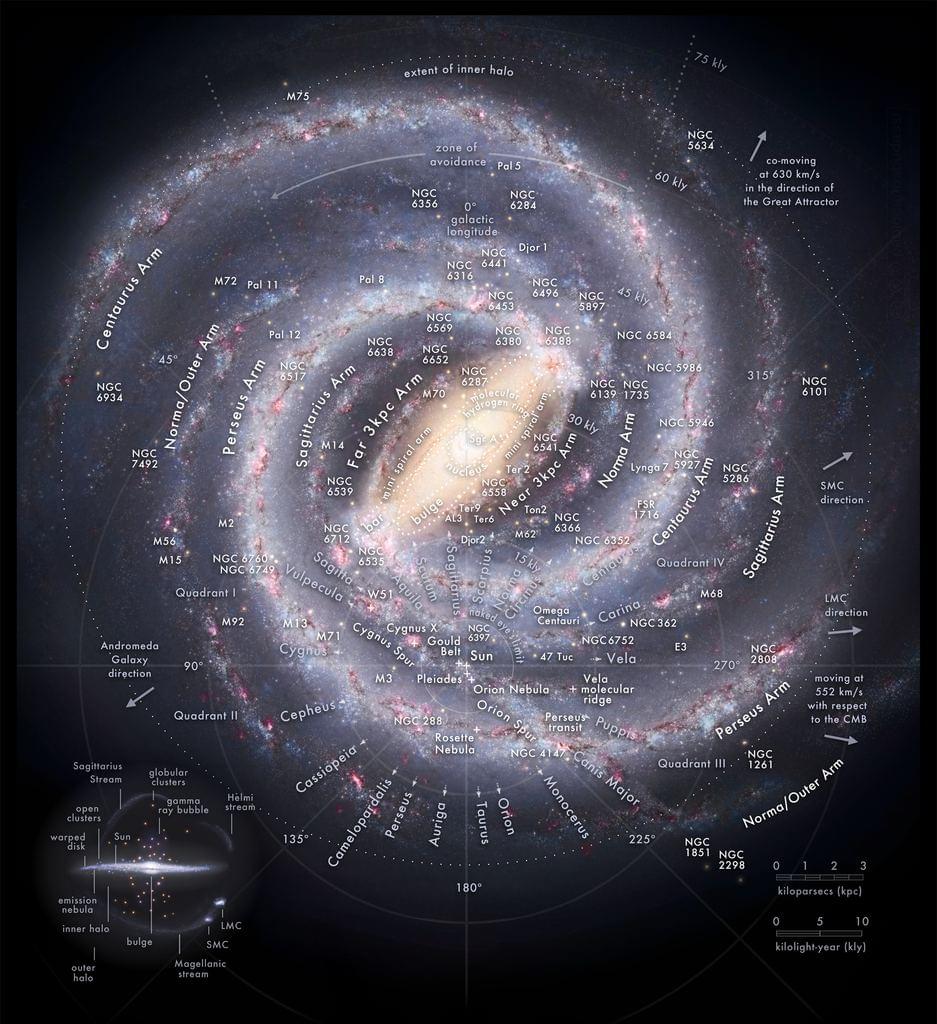Studying the large-scale structure of our galaxy isn’t easy. We don’t have a clear view of the Milky Way’s shape and features like we do of other galaxies, largely because we live within it. But we do have some advantages. From within, we’re able to carry out close-up surveys of the Milky Way’s stellar population and its chemical compositions. That gives researchers the tools they need to compare our own galaxy to the many millions of others in the Universe.
This week, an international team of researchers from the USA, UK, and Chile released a paper that does just that. They dug through a catalogue of ten thousand galaxies produced by the Sloan Digital Sky Survey, searching for galaxies with similar attributes to our own.
They discovered that the Milky Way has twins – many of them – but just as many that are only superficially similar, with fundamental differences buried in the data. What they discovered has implications for the future evolution of our own galaxy.
